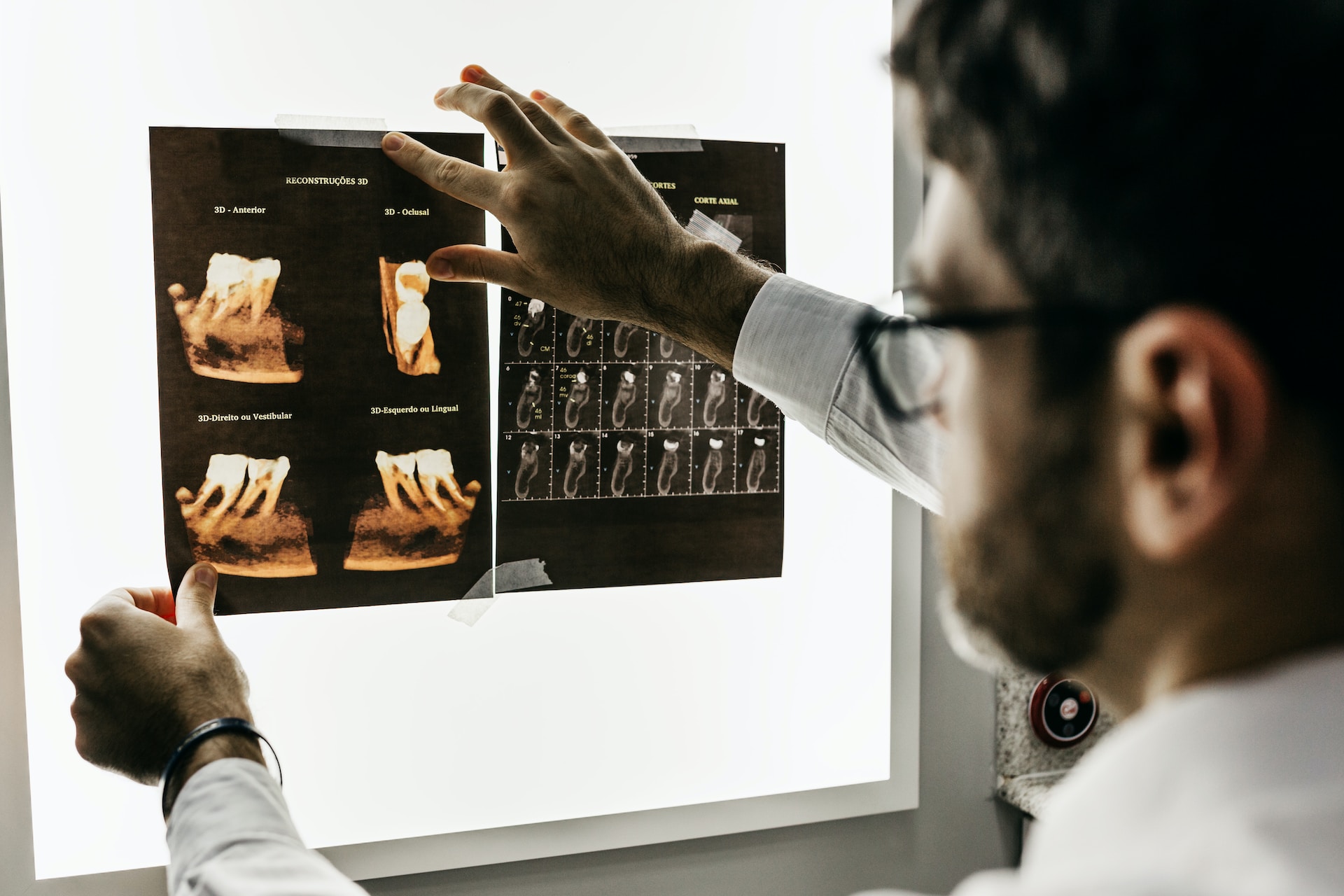
The history of dentistry dates back thousands of years. You may be surprised to know that dentistry is one of the oldest medical professions. In fact, experts have been protecting teeth since at least 7,000 BC. where evidence of the Indus Valley Civilization was found. Details related to tooth decay and other aspects of dentistry date back to 5000 BC. This is a Sumerian text that shows that the tooth worm was rotting. Furthermore, this theory was not disproved until the 1700s!
The ancient dentistry
Ancient Greek scholars such as Hippocrates and Aristotle wrote about dentistry and the treatment of decayed teeth. However, it was in the year 1530 that the first book related to dentistry appeared. This book is called The Little Medicinal Book for All Kinds of Dental Diseases and Infirmities.
Hippocrates, the “father of medicine,” had an interesting method for treating dental problems. Instead of praying to various gods as was done at that time, he suggested seeing the problem and making useful suggestions based on this treatment. Treatment includes extractions, cauterization of oral tissues and the use of toothpaste. Aristotle also contributed to the development of medical techniques, including the use of force to remove teeth and the use of wire to fix loose teeth. Other Greek discoveries include Claudius Galen’s deduction that teeth are bones and nerves, and Diocles of Carystus suggested cleaning teeth and gums for oral hygiene and improved oral health.
Pulling teeth and cutting hair
In the Middle Ages, all dental surgeries were performed by monks because they were educated citizens. The church later forbade the monks to operate, so the barbers took up the job with their shaving skills. As a result, your barber became your go-to person for painful, bloody teeth pulled, massages and of course, haircuts.
In the 1700s, dentistry became its own profession. A French surgeon considered the father of modern dentistry, Pierre Fauchard published Le Chirurgien Dentiste, a book on dentistry. This influential book contains the first guide to dental care. It also promotes the use of dental fillings and combines the acids produced by sugar with decay-causing agents.
He also discovered “sailors’ disease,” or scurvy, which occurs due to a lack of vitamin C and presents, among other things, in the form of spongy gums. Dental technology is advancing
Dentistry developed rapidly in the early 1800s. A major breakthrough occurred when Giuseppangelo Fonzi created porcelain teeth, complete with pins that use light. Another critical development in the field of prosthetics involved the invention of Charles Stent.
At the same time, Americans Robert Arthur and Horace Wells introduced composite gold foils used for rotatory procedures in denture bases and for nitrous oxide anesthesia, respectively. Another notable period was Charles Goodyear’s rubber injection process.
Dental education
The Baltimore College of Dental Surgery was founded in 1840 and was the first dental school in the world. The first doctorate in dentistry was awarded by Harvard University’s dental school in 1867, in 1870, nine other dental schools appeared in the United States.
The first Australian College of Dentistry was established in 1897.
Australian Dental Association (ADIA)
In July 1925, representatives from eleven companies formed what would become ADIA. This alliance has played an important role in creating an Australian dental industry that is a world leader. He made it clear that local companies were linked to global growth and was a founder of the International Dental Manufacturers Association. Today, ADIA members supply 95% of all products used in modern Australian dentistry, with members at record levels.
Advance dentistry training
The dentistry we all enjoy today has come a long way from the primitive system of the past. In fact, most dentists are painless and non-invasive, which means that patients can put their fears aside. A further advancement in dentistry emphasized preventive rather than reactive dentistry. This means that your dentist is more interested in having a relationship with you, where you come in twice a year to treat minor problems, rather than only seeing you when a tooth needs to be removed. you or repair it. ‘Alternative medicine is harmful.
